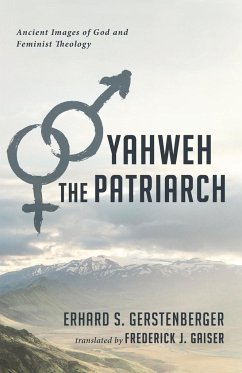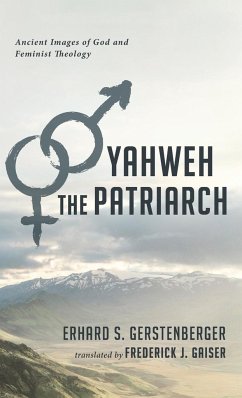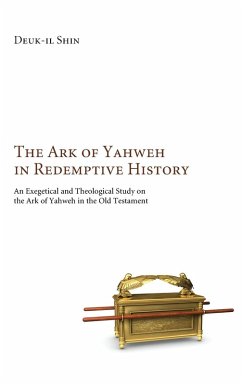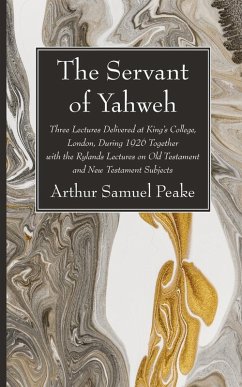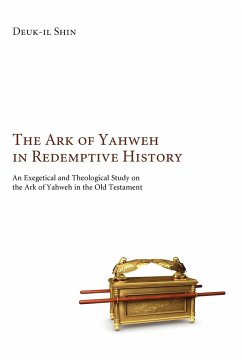Israel's conceptions of God changed, argues Gerstenberger, over the millennium witnessed in Hebrew Scriptures. Contrary to widespread opinion, the author shows that historical and biblical evidence points to an active early participation of women in cultic life, especially in the domestic realm when, in the sixth century, the status of women underwent a change. Social upheaval, political and economic stress, and the growing influence of priestly circles converged to redefine God in male terms. This book explores the religious role of women in these different periods and social organizations. How did women lose a strong position in Israelite house cult, as attested in Scriptures and through archaeological findings? Why did Yahweh, who once had a consort, Asherah, turn into a lone and militantly male deity?
Hinweis: Dieser Artikel kann nur an eine deutsche Lieferadresse ausgeliefert werden.
Hinweis: Dieser Artikel kann nur an eine deutsche Lieferadresse ausgeliefert werden.

